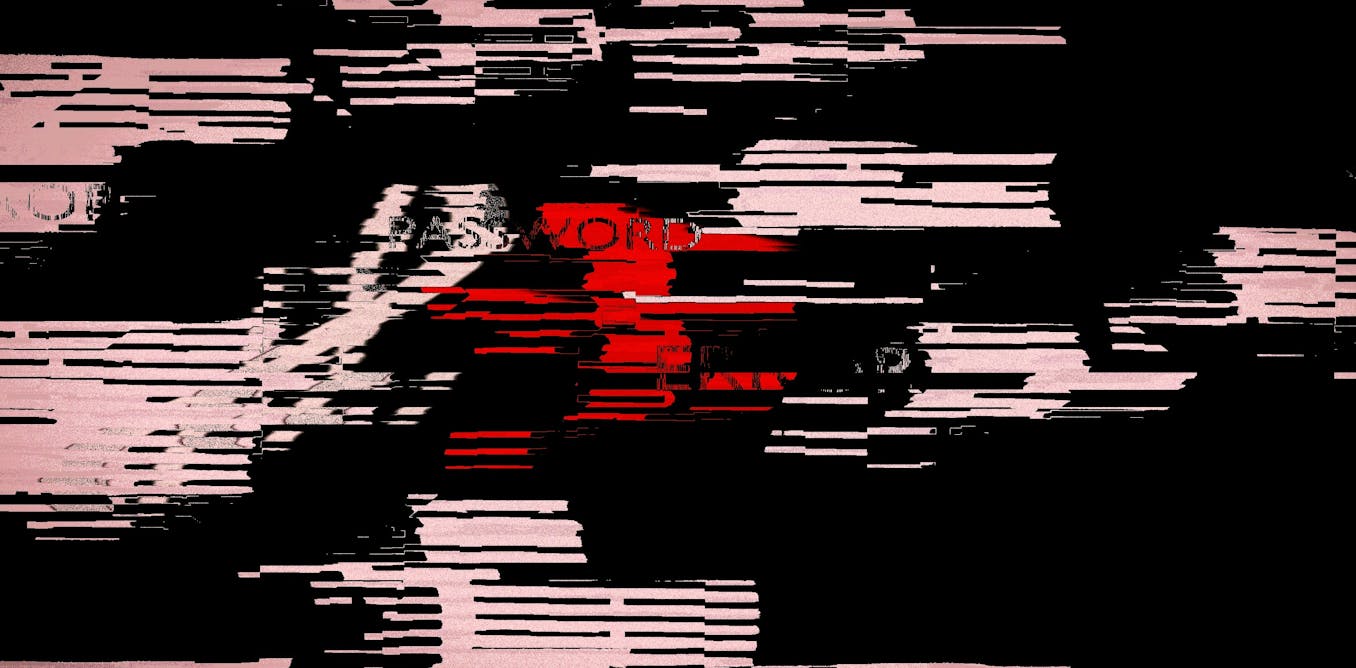When you reach a certain age, the social media accounts you follow often talk about kids. And when you’re talking about kids, it’s common to have a moan. Kids often make you a tired, sick, and poorer version of the old you. You dissolve into a self-neglecting husk, playing slave to the confused mood swings of a tiny dictator. So, it’s not unreasonable to moan about it. If you look at the comments below these posts, you will eventually see, with the inevitability of a winter bug, someone giving the line, “You chose to have kids; stop moaning about them.”
But this isn’t just a clash in life choices — it’s a clash in how we understand “happy.” With the obvious exception of a few, many moaning parents will reply, “Oh, I’m the happiest I’ve ever been.” The vomiting, broken nights, and never-alone toilet breaks are part of that happiness.
Parenting is just one example of a strange phenomenon: Often the most meaningful, fulfilling, and happiest moments of our lives come with some misery. People might think that happiness means the absence of struggle: feet up, cocktails out, and a gentle breeze to cool the tropical Sun. According to Stephanie Harrison, however, this is part of the “Old Happy.”
Harrison is the founder of The New Happy movement, a science-backed philosophy of happiness that seeks to ground the idea in realistic and workable concepts. The New Happy has nearly a million followers on social media, and Harrison’s new book, The New Happy, is one to watch out for in 2024.
Big Think recently spoke with Harrison for deeper insights on what happiness really means, and how to achieve it.
The Old Happy
For Harrison, “We had gotten happiness all wrong as a society.” And that’s a big problem. “We’re arguing that the pursuit of happiness drives every single one of our behaviors and everything that we do. So, if we have a flawed definition of happiness, then we will engage in behaviors that ultimately end up leading us astray.”
In the first chapter of his Nicomachean Ethics, Aristotle argued that happiness is the “end at which all actions must aim.” Everything we do — every act or duty, virtue, or vice — we do because we think it will make us happy. Harrison’s point, echoing Aristotle’s, is to say that if happiness is the end goal of everything, we better be sure the end goal is worth it.
The problem is that, somewhere along the way, we lost sight of what happiness really means. For Harrison, our modern understanding of happiness is a warped simulacrum — a misguided, confused ghost of reality. This “Old Happy” is defined by three fundamental values that not only won’t make us happy but steer us toward the opposite. The values are:
Individualism: the idea that “you don’t need anybody else” and “figure it out by yourself.”
Capitalism: you must be successful; resting is laziness; and your value is defined by what you do.
Domination: we all feel the need to “compete and win” and to constantly compare ourselves with others. We place them, and ourselves, on some kind of ranking system.
So many of our negative behaviors keep in step with these “Old Happy” values. It sees wealth and constant accumulation as necessary to be happy. It confuses unemployment or “me time” with fecklessness. It seeks constant validation, achievement, and recognition.
The New Happy
It should be obvious, then, that if these existing values are what make us anxious, lonely, and unhappy, then we need to not only jettison them but upend them. It’s not that we’ve been walking the wrong path — we’ve been walking in the wrong direction. Part of the New Happy mindset is to recognize the perniciousness of the Old Happy values and take proactive steps to overcome them.
Harrison told Big Think about one of the most important ideas in this reorientation toward the New Happy.
“If you think about, for example, the pressure to present yourself as a perfect human being and the pressure to show all the successes that you’re having and all of the good things in your life and the wealth that you’ve accumulated or the power that you can exercise, the irony for me is that they’re telling us that these things will make us happy, right? If you can just be perfect, if you can buy more and more, if you can get promoted, and if you can continue to excel at this specific level that we’ve decided is successful, then you will be happy.
And in fact, all that is doing is disconnecting us from the true source of our happiness, which is our humanity and our connections with other people…We’re all human. We’re muddling through; we have good days and bad days, and we’re all struggling through it. We are all human beings, and we all have so much to learn from one another; it’s our humanity that connects us.”
We are getting better, as a society, at recognizing the damage caused by a 24/7 hustle culture. We’re more attuned to well-being, “me time,” and work-life balance. But there is still this strange sense of guilt at needing to do all of those things. We help each other, but we see help as a temporary “pick me up” — not structural to being human. True happiness is thought to be some distant future where we can work through the night to the sound of seven-digit salaries with the Hallmark family to brag about.
But Harrison’s point is that no one is like that. No human has everything together, finds things easy, and is living the fairy-tale ending. Life is about struggling, muddling, and panting our way through. When we feel we have to feign otherwise, not only does it make life harder, but it also acts as a kind of pluralistic ignorance: We think everyone else is perfect when they’re not. Everyone is sucking in their tummies in public and letting it out at home. Appreciating that fact is the most important part of the New Happy.
You can find The New Happy online and on social media. Harrison’s book of the same name is out in May 2024 in the US and most of the world not long after. You can pre-order it here.
This article The “New Happy”: Rethinking happiness through science and philosophy is featured on Big Think.

The post “The “New Happy”: Rethinking happiness through science and philosophy” by Jonny Thomson was published on 03/14/2024 by bigthink.com



































